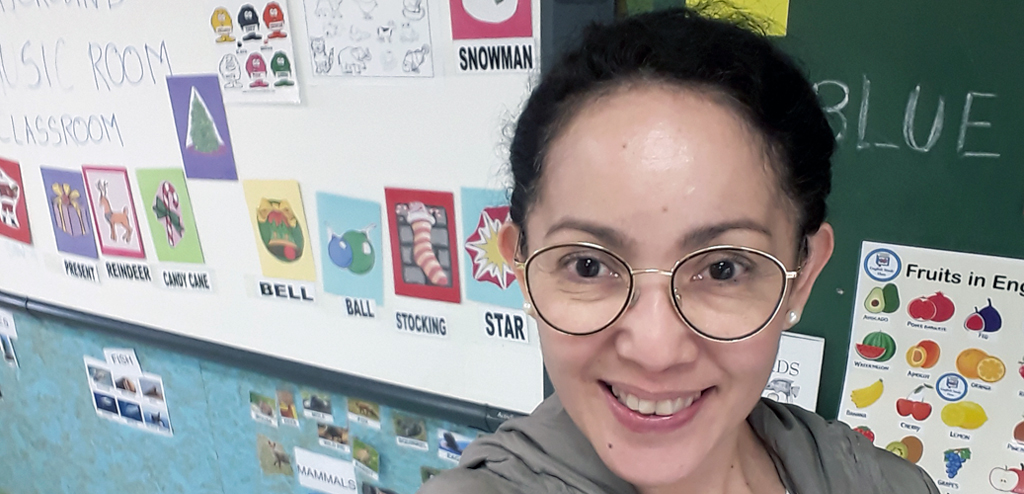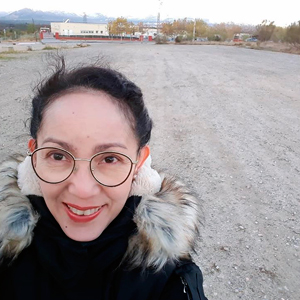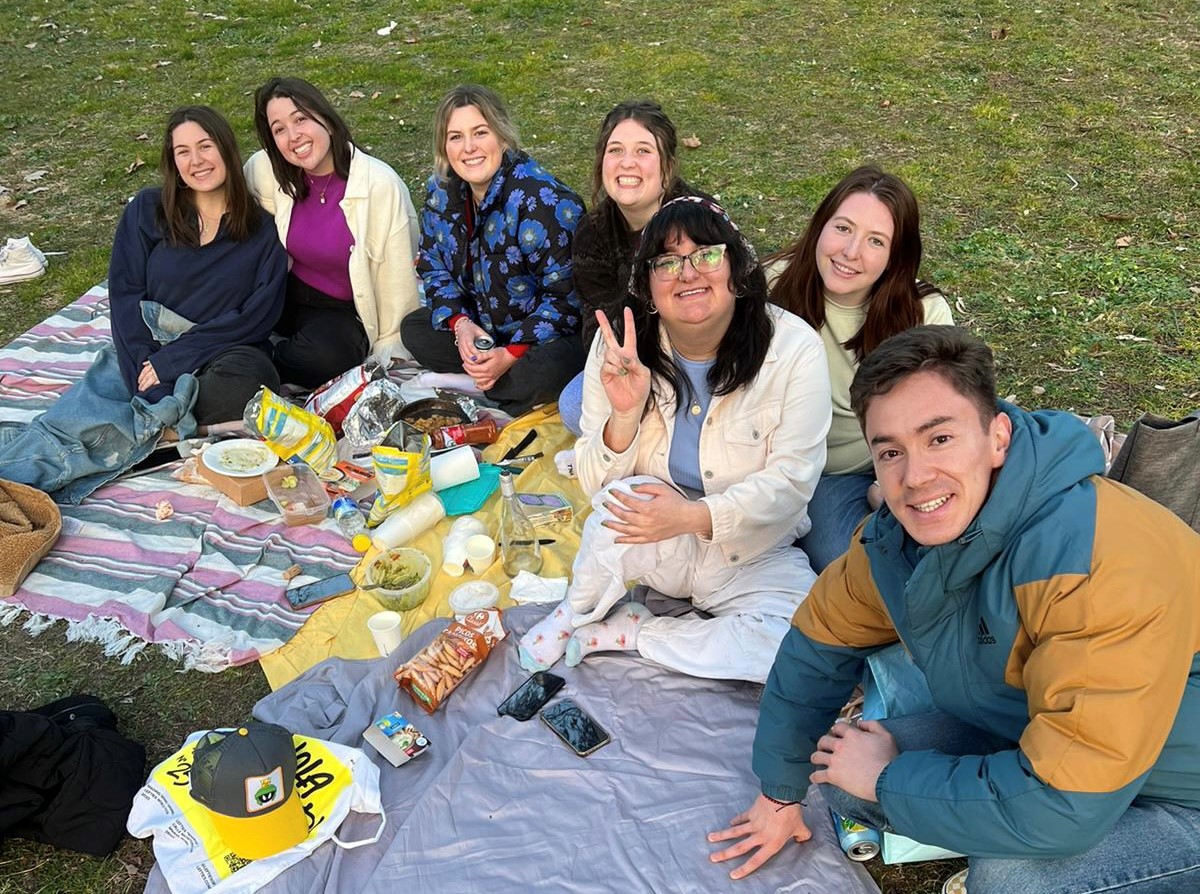By Dinah E., Auxiliar de Conversación in Madrid 19/20.
What is the role of an Auxiliar de Conversación?
I never knew that such a role existed. I have searched for English teaching opportunities online but never came across that of a Language Assistant or Auxiliar de Conversación. It is quite a unique position where I assist the teachers and the students in the English language, and at the same time, introduce to them my culture.
I learned about this role through my niece, whose ultimate dream was to visit this beautiful country. I found out that the program is until 60 years old. Well, that is a great opportunity for older aspirants like me. So, I grabbed it immediately. Otherwise, I wouldn’t be where I am now.
Requirements and process to become a Language Assistant in Spain
The most basic requirement for this role is for you to be an English native speaker or have a C2 level in English proficiency, which means that you have to achieve the highest level of mastery in English provided by the Cambridge level of assessment. After passing the interview, you need to submit a few more documents like your diploma at University and/or transcript of records, proof of clean criminal record, and a medical certificate from your physician. Then, off you go to the visa application, which has a different set of requirements. The institution that hires you will give you the guidelines for the entire process. It was very challenging, but it was all worth the time and effort.
The importance of the role of a Language Assistant in Spain
This role plays an essential part in Spain’s education system, and should not be taken for granted. English is considered a universal language because it is the most spoken language in the whole world. It is used in companies, news reports, movies, travel, events, and just about anything that involves communication. Therefore, it is ideal for everyone to be able to communicate in English for better interaction.
The best way to start learning the language is with the small kids. Their ability to absorb your teaching is so fast that you will be amazed by their response. Repetition and constant conversation with them make it all the most effective. As Language Assistants, this is where we come in. The teachers explain the grammar structure and usage, and the kids practice it with us through conversations. We listen to them and correct them in their pronunciations and wrong usage of grammar.
My experience as an Auxiliar de Conversación in Spain
In my case, I was assigned to three teachers with different teaching methodologies and classroom management abilities. Each has a special way of dealing with the kids. The second-grade teacher, Sonia, is very firm yet injects interesting fun stories to the kids to capture the kids’ interest. She uses a lot of hand gestures in her classroom management that is very effective in settling down the kids. Lilli, the first-grade teacher, is very understanding and patient. She allows the students to use their imagination in the activities. Guillermo, the first-grade Science teacher, is gentle yet firm with the kids. He has this kind of presence in the classroom that captures the students’ attention. He is very encouraging and appreciative of the students’ work.
At the same time, these teachers also have different styles in dealing with assistants. Sonia lets me do the talking when it comes to giving out the tests so the students will hear the correct pronunciation. It’s the same thing with group activities. I also do a lot of material preparation for her. Lilli and I teach side by side together particularly when first graders require a lot of hard work. Guillermo allows me to talk about the previous discussion to refresh the students’ memory and for the students to hear me talk with my accent.
Our task is not limited only to conversations, but we also have to collaborate with the teachers and assist them in preparing the materials, tidying up the scattered things, and sometimes helping them manage the classroom, although we are not in charge of that, if needed.
Aside from our classroom tasks, we have to participate in the school’s activities that involve the students such as Halloween. All of the Language Assistants in the school prepared two activities about English words related to this celebration for each of our assigned classes. We set up the spooky room where the students went for the activities. Another event we had was the excursion trip to the museums and the interschool running competition. These activities give the students the chance to talk to you in casual conversations, thereby enhancing their English speaking abilities and building up confidence. So, it is a good exposure for them.
We are also seen as Culture Ambassadors, so we have to make our presence felt in the classroom and the school. Students are curious about new faces. They are aware that we are from a different culture and are there to help them with their English speaking skills. When I did the presentation about myself, they listened carefully and asked questions. At that point, students learned a little bit about my culture, and each day I spend with them increases their awareness of my culture.
My role as a Language Assistant is not limited to my assigned classes
Some students from the higher years talked to me and asked me where I was from when they saw me at the corridor. They are so cute when they struggle with the right words to say, and I just gave them a positive smile to lift their spirits up.
To be an effective Auxiliar de Conversación, you need to build lasting relationships with your students, teachers and the school staff

Furthermore, to determine your students’ progress is to hear them able to communicate with you in English. So, don’t let disappointments affect your role. Instead, focus on what you can do to improve yourself and provide better assistance to the students.
If you want to know more about what to expect when teaching English in Spanish schools, check this post.








3 Responses
This was a very helpful blog to read in regards to teaching English in Spain! Thank you very much for the detailed post.
Hi Dinah thank you so much for an insite to such a wonderful program /opportunity I hope one day to be a part it, I thank you again, great work
Thanks for the insight, much appreciated! All the best.